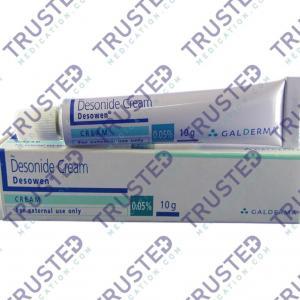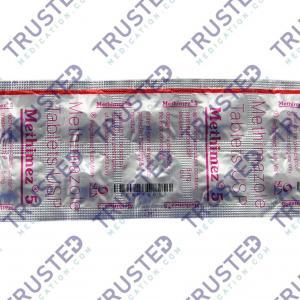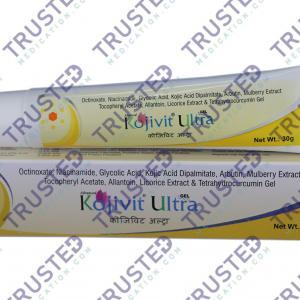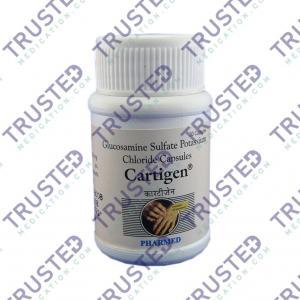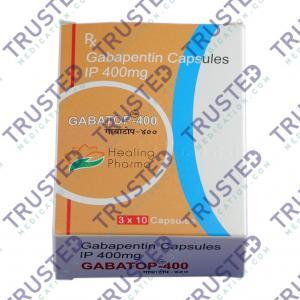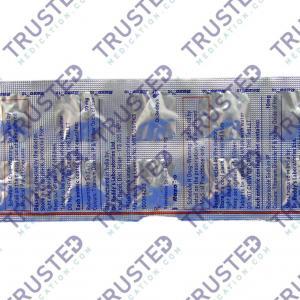
Dry eye is a common condition that occurs due to insufficient tear production or too fast evaporation of tears. This condition may affect one or both eyes and may vary from mild to severe. In extreme cases, dry eyes can cause serious problems and may even necessitate medical interventions.
What are the Symptoms of Dry Eyes?
The severity of the symptoms of dry eyes may range from mild to severe. While some individuals may have only mild nausea, others might even experience severe eye pain. Other symptoms include:
· Eye pain or discomfort
· Blurred vision
· Increased sensitivity to light
· Red eyes
· A feeling of being gritty or sand in the eyes
· The eyes may feel like they are burning or stinging.
· Tired eyes
· Difficulty wearing contact lenses
What Causes Dry Eyes?
Dry eyes can be caused by various factors, including:
· Aging: When you grow older, your gland that produces tears becomes less active. This, as a result, causes you to have dry eyes.
· Environmental factors: Ocular discomfort may occur due to exposure to dry or windy environments, smoke or dust, or as an adverse effect of air conditioning. Thus, aggravating the symptoms of dry eye.
· Medical conditions: One example can be autoimmune diseases among which Sjögren’s syndrome is a major concern. Other medical conditions include:
o Diabetes
o thyroid disorders
o rheumatoid arthritis
· Medications: A few medicines can worsen or increase the symptoms of dry eyes These are:
o Antihistamines
o Decongestants
o Antidepressants
o hormone replacement therapy
· Eye surgery: Surgery procedures for refractive like LASIK can not only diminish tear production but also dry eyes.
· Prolonged screen time: Prolonged use of digital devices reduces the number of blinking and may, thus, cause dry eyes syndrome.
Who Gets Dry Eyes?
Dry eyes can affect any age but several aspects increase the risk.
o Tear production decreases with age. This makes the elderly more vulnerable to this condition.
o Females, especially after menopause, have an increased risk of dry eye symptoms.
o Patients with autoimmune diseases, diabetes, thyroid diseases, and rheumatoid arthritis have a higher risk of being dry-eyed as well.
o Some medications may worsen dry eye conditions, just as residing in a dry or windy area or spending too much time in air-conditioned places may increase the risk of dry eyes.
What are the complications of dry eyes?
If left untreated, dry eyes can lead to complications, including:
· Corneal damage
· Eye infections
· Decreased quality of life
· Reduced vision
How is Dry Eye Treated?
Treatment of dry eye varies according to the cause of the symptoms. Treatment options include:
· Prescription medications: Your doctor may recommend prescription medications for severe dry eye cases. These medications are designed to promote tear production and achieve eye moisture levels, such as:
o Cyclosporine
o Lifitegrast
· Over-the-counter eye drops: Artificial tears are frequently prescribed to ease mild dry eye symptoms. These drops moisturize and reduce friction. Additionally, moisturizing gels and ointments can be beneficial in soothing dry eyes and can also be purchased over the counter.
· Punctal plugs: If your tears are emptying too quickly, your doctor may recommend inserting punctal plugs (small holes in the inner corners of your eyes). These plugs can keep tears in your eyes.
· Lifestyle changes: Changes in the lifestyle may assist in the reduction of dry eye symptoms or prevent them from aggravating.
· Surgery: In certain circumstances, dry eye occurs because your lower eyelids are too lax, allowing tears to flow too quickly from your eye. If this is the source of your dry eye, your eye doctor may recommend surgery to repair your eyelids and keep your tears in your eyes.

